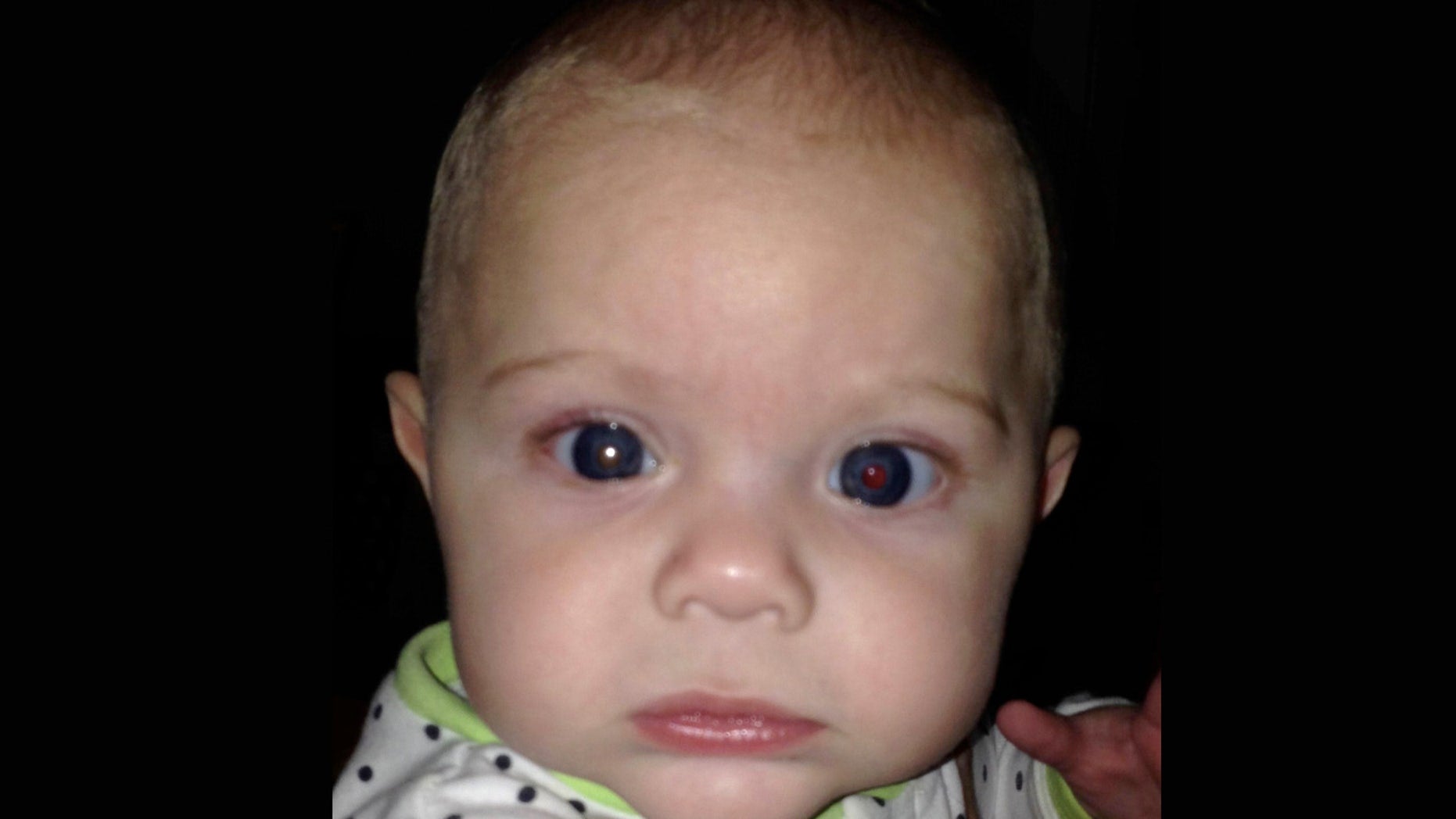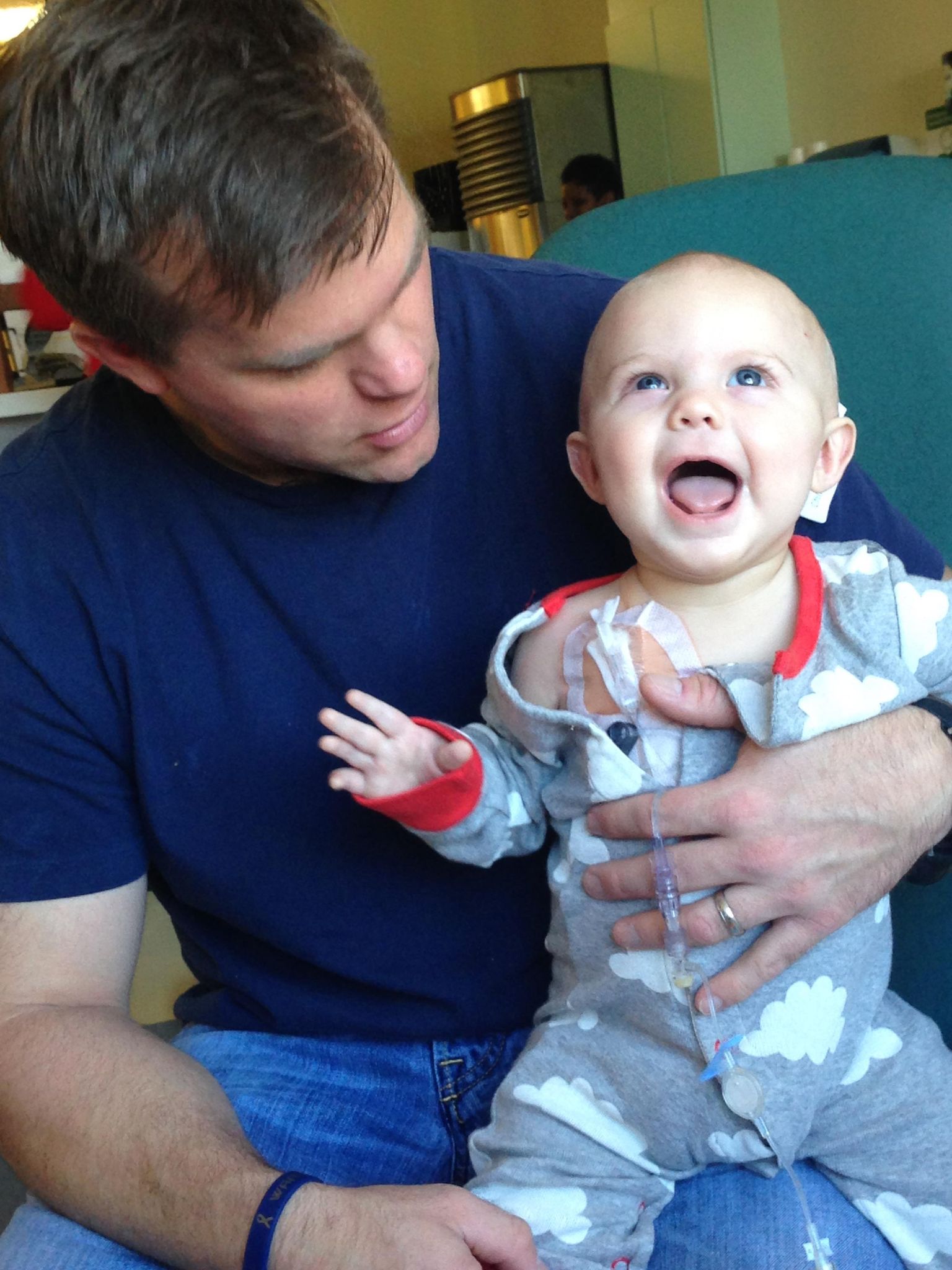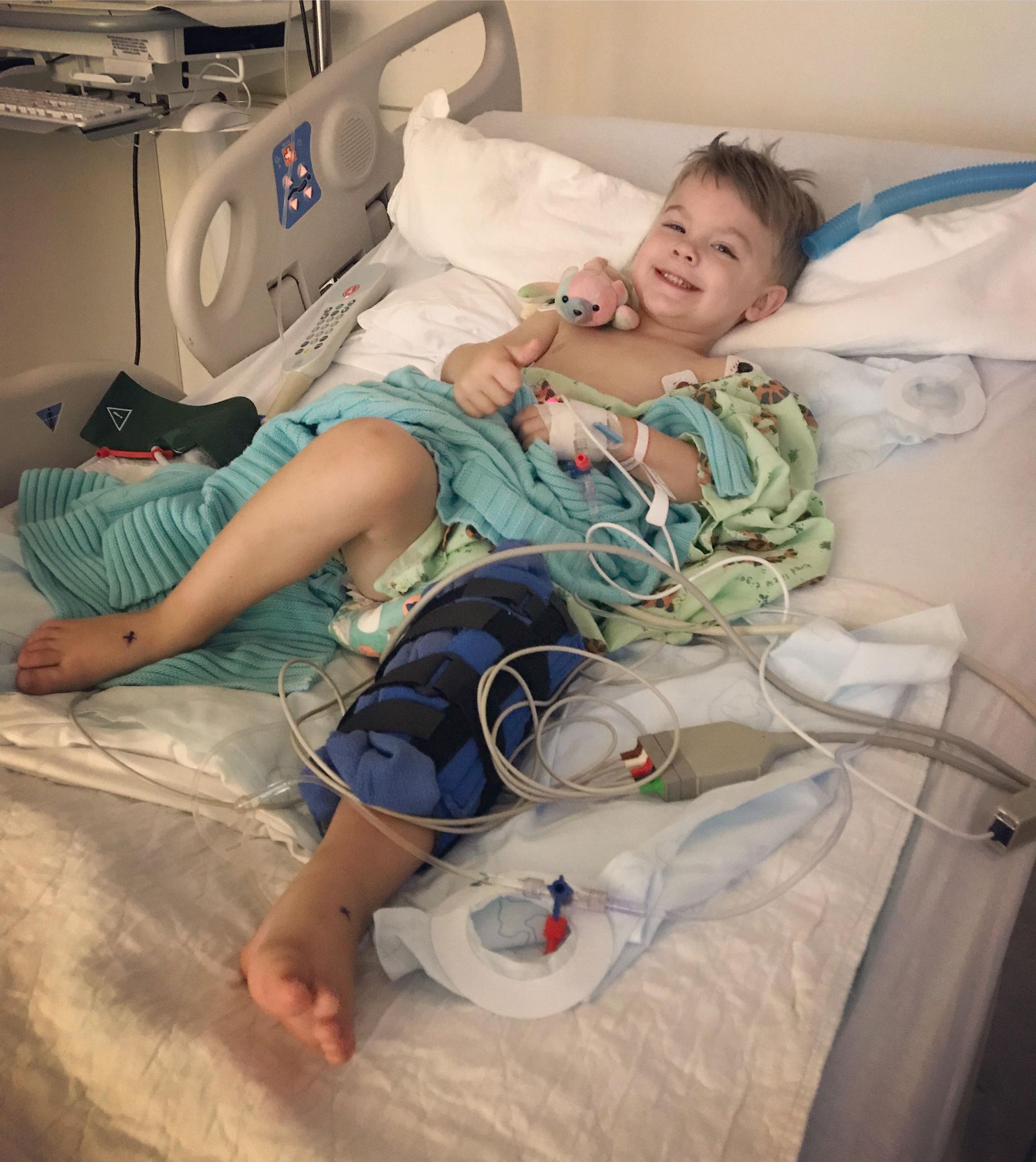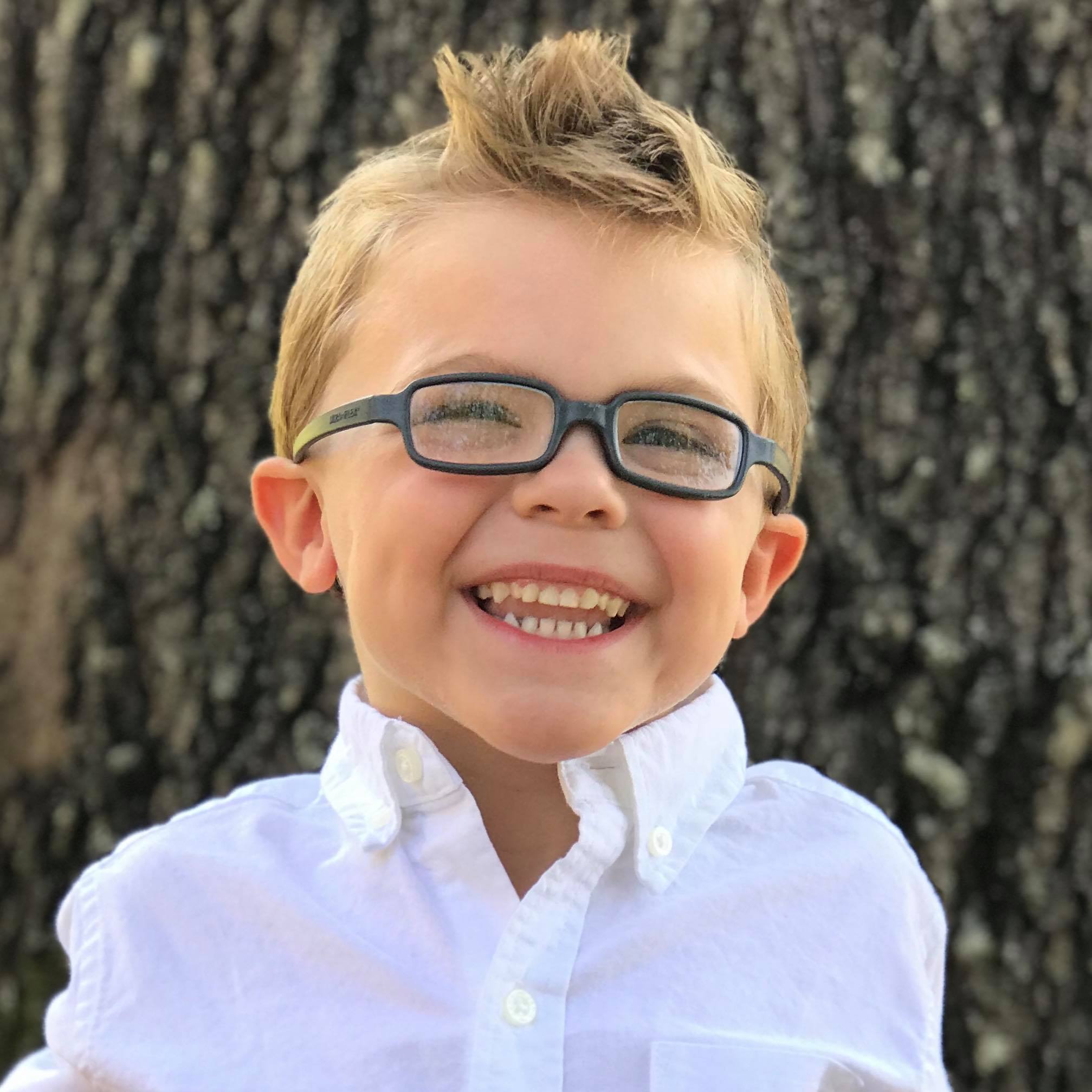Georgia mother discovers son has cancer from iPhone photo
Signs of a malignant tumour showed up as discolouration, or an unusual glow, in phone picture

Your support helps us to tell the story
From reproductive rights to climate change to Big Tech, The Independent is on the ground when the story is developing. Whether it's investigating the financials of Elon Musk's pro-Trump PAC or producing our latest documentary, 'The A Word', which shines a light on the American women fighting for reproductive rights, we know how important it is to parse out the facts from the messaging.
At such a critical moment in US history, we need reporters on the ground. Your donation allows us to keep sending journalists to speak to both sides of the story.
The Independent is trusted by Americans across the entire political spectrum. And unlike many other quality news outlets, we choose not to lock Americans out of our reporting and analysis with paywalls. We believe quality journalism should be available to everyone, paid for by those who can afford it.
Your support makes all the difference.Josie Rock, a nurse from Gainesville, Georgia, found out her four-month-old son had eye cancer after taking a photo with her iPhone.
Ms Rock was snapping a picture of her baby, Asher, when the flash accidentally went off on her phone.
“I was casually snapping pictures of Asher on my iPhone, and the lighting suddenly changed in the room,” she explained to The Indpendent. “This caused my phone’s flash to go off, which in turn Asher’s eyes opened widely from the startle. When I went to delete the over exposed photo, I noticed one eye showing the typical ‘red-eye’, while the pupil in his right eye glowed white.”
The signs of a malignant tumour on the retina (retinoblastoma) showed up in the picture, which Ms Rock saw as discolouration, or an unusual glow, in her son's eye.
Luckily, the nurse had learned about this exact disease, and knew it was most common in children. Instead of deleting the overexposed red-eyed photo, she considered what appeared to be a warning sign of a type of paediatric cancer.
After a consultation with specialists, Asher was diagnosed with grade D retinoblastoma, the second most serious category of tumour in which the “retina may have become detached from the back of the eye”, according to the American Cancer Society. Asher was treated with intravenous chemotherapy and on the spot lasers.

His chemo regimen was brutal for the whole family.
“It was horrible. He stayed sick, and he looked sick. Marcus and I constantly smelled of vomit, and he would sleep on towels instead of sheets. He was pale, he didn’t have an appetite, he had crazy rashes, his hair didn’t have a chance to grow in, and couldn’t give us big smiles without his lips cracking and bleeding,” wrote Ms Rock on Facebook in 2018.

Now seven years old, Asher has undergone 54 exams to date under anesthetic, and his cancer is inactive.

Since the diagnosis, Ms Rock has told her story to a number of news outlets, “if it saves just one other child from having to go through what my son has, then I have done my job as a cancer parent”, she posted on social media. She also hopes her family's struggle will help to increase the funding for childhood cancer research. She has helped raise tens of thousands of dollars for cancer charities.
“I will never stop advocating for these children. I will tell his story until there is a cure.”
Less than 4 per cent of the US federal budget for cancer research is dedicated to childhood cancer, “this is shocking and nausiating,” Ms Rock told The Independent, “children are our future”.
“In 2018, an estimated 15,590 children were diagnosed with cancer in the United States,” according to charity Alex’s Lemonade Stand. “Globally, it is estimated that 300,000+ new cases of cancer affect children each year. However, this number may be vastly underestimated due to large numbers of undiagnosed cases.”
Mr Rock advises not to dismiss anything unusual and to go to the doctor. “We are all taking pictures all the time. It’s OK to question, and bring up any points that you see,” she said, “you know your child best and it’s OK to advocate for your child, becuase you never know what it could be.”
Join our commenting forum
Join thought-provoking conversations, follow other Independent readers and see their replies
Comments